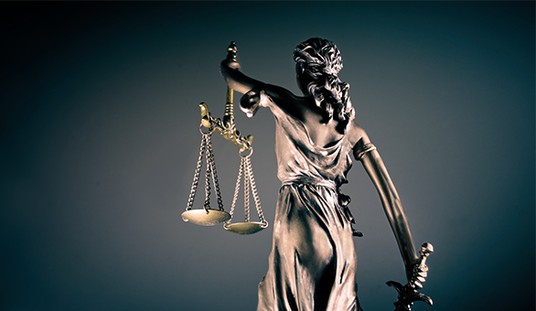Hugh Hefner: Playboy, Activist and Rebel stands as a corrective to the caricature currently on display courtesy of the E! network. The ageless playboy’s life is far more interesting than what you see on his reality show The Girls Next Door. Hefner played an active role in the civil rights movement, the sexual revolution, and changing the culture at large, all of which is captured with vigor in this entertaining bio-doc.
Yet those who prefer he hadn’t had such influence get little attention here. Hefner is a glowing biopic, one so enamored with its subject matter that it turns even his peculiar social life into a positive. Who knew living with multiple girlfriends was a sign of having a big ol’ heart?
Hefner began as a circulation manager at a kiddie magazine, but he wanted to create a publication that would speak to the modern man — or the man he hoped to be. The name Stag Party sparked a brief legal hiccup, so Hefner settled on Playboy as the magazine’s soon-to-be-iconic name. He found quick success despite the sexually repressed mindset of the 1950s. He used his newfound clout to start up his own television show, Playboy’s Penthouse, and created other offshoot projects like nightclubs and jazz festivals.
Along the way he ran through cultural walls regarding sexuality, race relations, and birth control. He embraced black comics before the mainstream did, and used his nightclubs as race-neutral centers for adults to kick back and relax.
Hefner himself is interviewed throughout the documentary, narrating his life story with a combination of wonder and self-admiration. Watching him turn the pages of his personal scrapbook shows he cares about historical markers as much as Playmate bra sizes.
We get precious little on Hefner’s formative years, though.
“He didn’t get hugged enough,” opines Star Wars creator George Lucas, one of many Hefner chums making an appearance. Hef’s massive coterie of famous friends and supporters, from Jim Brown to Tony Bennett, do fill in some blanks. Others, like James Caan, seem forever grateful to Hefner for assembling so many gorgeous woman in one place — the Playboy Mansion.
The film trots out a few feminists to complain about Playboy Nation, but they seem overmatched — or realize Hefner long ago won the cultural wars. Radio talk show host Dennis Prager appears to tut-tut the benefits of Hefner’s sexual revolution, but the moments are so brief as to be insulting to Prager and anyone who might agree with him. It’s hard to believe the filmmakers couldn’t find a few ex-Playmates or gal pals with unkind comments to make about the man known simply as Hef. The segments involving his multiple marriages would have to get much tougher to rise to the level of the “softball” treatment.
The documentary does show a side of Hefner we rarely see in the media. It’s hard not to get emotionally involved when you see Hefner lend out his private jet to bring abandoned Vietnamese babies out of that war-ravaged country, or how he ignored skin color when assembling his various shows and live events.
But what about the Playboy image, that of the corn-fed blonde bombshell who helped define the beauty standards then … and now? Isn’t that worth critiquing in some capacity?
Such omissions are assuaged by giddy moments like watching a young Sammy Davis Jr. yuk it up on one of Hefner’s broadcast programs. And it’s a riot to hear Hefner sit back and let liberal guests spout gloom and doom predictions about the world circa the Summer of Love. Years later, the Earth is just fine, thank you, despite their warnings.
Still, it’s a shame director Brigitte Berman didn’t force Hefner to answer his critics directly. He’s a smart, well-spoken fellow who can be quite articulate in his own defense.
We do see glimpses of Hefner’s darker side. Colleagues complain that he used medically approved drugs to keep him working all hours, and he was often surly when the pills’ effect wore off.
It’s hard to assess just how much Hefner affected society. His friends offer anecdotal evidence, and it’s clear we live in a much more sexually permissive country. But a smarter documentary would have leaned on more sources beyond Hefner to find the answers.
Mike Wallace encapsulated what made Hefner different than other liberal warriors. “He was not a protester or a loudmouth,” says Wallace, and he’s right. Hefner conducted himself with class through the decades, even if his magazine offered classless peeks at big-breasted women.
Hugh Hefner: Playboy, Activist and Rebel didn’t have to cuddle up to its subject matter to tell an engrossing story. Hefner’s life is a shining example of the American dream in action, even if for socially conservative Americans his dream remains a nightmare.









Join the conversation as a VIP Member